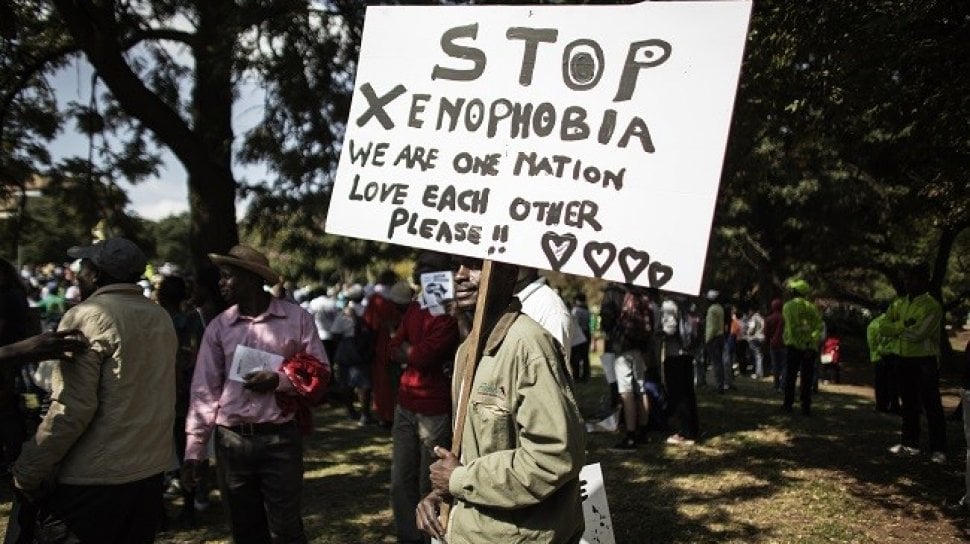
Xenophobia is the fear or hatred of foreigners or strangers or of anything that is perceived to be foreign or strange. It is often characterized by prejudice, discrimination, and hostility towards individuals or groups from different cultures or ethnicities.
Common Manifestations of Xenophobia:
- Prejudice and Stereotyping: Negative generalizations about foreign cultures or individuals.
- Discrimination: Unfair treatment of individuals based on their nationality or ethnicity.
- Violence and Hate Crimes: Physical attacks or threats against foreigners or immigrants.
- Political Extremism: Xenophobic ideologies can fuel extremist movements and political parties.
Factors Contributing to Xenophobia:
- Economic Anxiety: Economic insecurity can lead to resentment towards immigrants or foreign workers who are perceived as job threats.
- Cultural Differences: Misunderstandings and cultural clashes can exacerbate xenophobic sentiments.
- Political Polarization: Politicians may exploit xenophobic fears to gain political advantage.
- Media Bias: Sensationalized news coverage and negative stereotypes can fuel xenophobia.
Combating Xenophobia:
- Education and Awareness: Promoting intercultural understanding and tolerance.
- Intergroup Dialogue: Encouraging interaction and empathy between different cultural groups.
- Strong Legal Frameworks: Implementing laws to protect marginalized groups from discrimination and hate crimes.
- Media Literacy: Encouraging critical thinking and media literacy to challenge stereotypes and misinformation.
- International Cooperation: Fostering international cooperation to address global challenges and promote human rights.
By understanding the causes and consequences of xenophobia, we can work towards a more inclusive and tolerant society.
